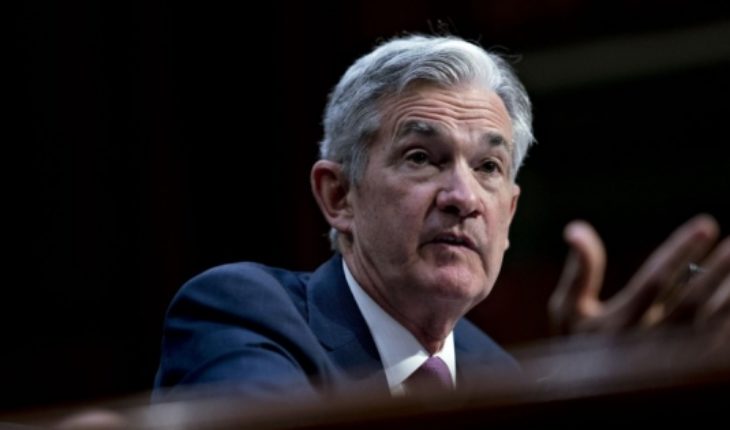interest rates international events contained the U.S. central bank in 2015 and 20 16, but there are important differences between those years and today. There was more unemployment in the United States and the underlying inflation was lower. But what is perhaps more important, the nexus of the turbulence was China, whose economy is the second largest in the world and has more than ten times the size of the Turkish.
“The overall conclusion of the story is that, typically, USA cannot ignore what happens in emerging markets, unless it has to do with China,” said Michael Gapen, Chief Economist of Barclays Plc for USA and former Director of the section of the Council of the Fed in Washi ngton.
Investors agree with that assessment. Despite fears of contagion from Turkey, the prospects that the Fed raise rates in September were 90 per cent, unchanged from the previous week, according to the fixing of prices of federal funds futures, and the likelihood that they enact another rise in December was estimated to about 55 percent.
Effects up to now, the effects have been limited. Although the U.S. stock markets suffered a Jolt these days in response to the turmoil in Turkey, still hovering around historic peaks. Nerves in emerging markets boosted the dollar, which could marginally affect U.S. economic growth to increasing exports of the companies. But that possible weight was partially offset by a drop in long-term interest rates.
In may, Powell argued that emerging markets were in a good position to withstand the standardization in course of us monetary policy. “They have registered considerable progress in reducing vulnerabilities from the 1980s and 1990s, when they were prone to crisis,” he said in a speech delivered on May 8 in Zurich.
But that progress has not been uniform, which left some – as Turkey-exposed while the U.S. central bank withdraws liquidity of the global financial system to shrink more and more its balance sheet and raise interest rates gradually.
“Argentina, Colombia, South Africa and Mexico stand out by their fragility” and by their large deficits of account current, its considerable foreign debt and high inflation, wrote on Monday Tom Orlik, Bloomberg Economics Chief Economist.
Belligerence Monday, Argentina stepped in to stabilize the collapse of its currency and increased its interest rate reference, which was already the highest in the world, 5 points, to 45 percent.
One factor that increases the stress is the belligerent stance of President Donald Trump on trade.
“United States is not trying to contain the anxiety and fears, as I usually do”, said David Hensley, director of global economics of JPMorgan Chase & Co. in New York City. “Rather go throwing fuel to the fire.”
translated from Spanish: Federated will continue to rise despite global turbulence
August 14, 2018 |





